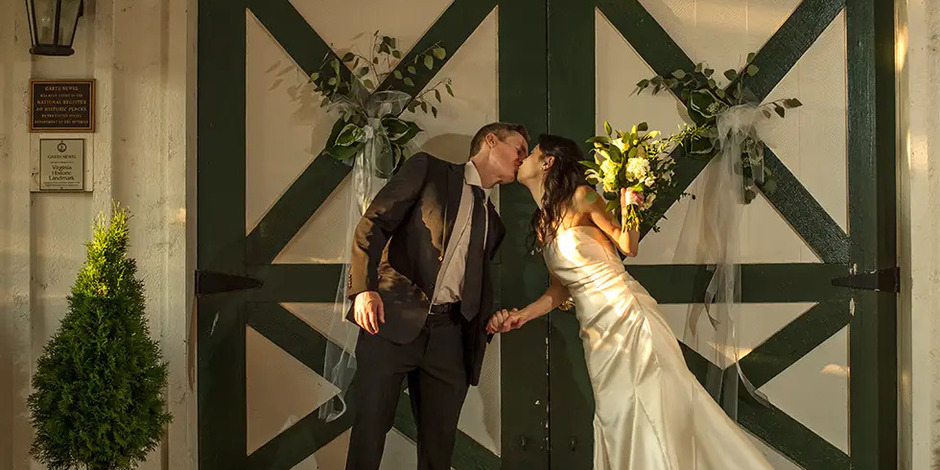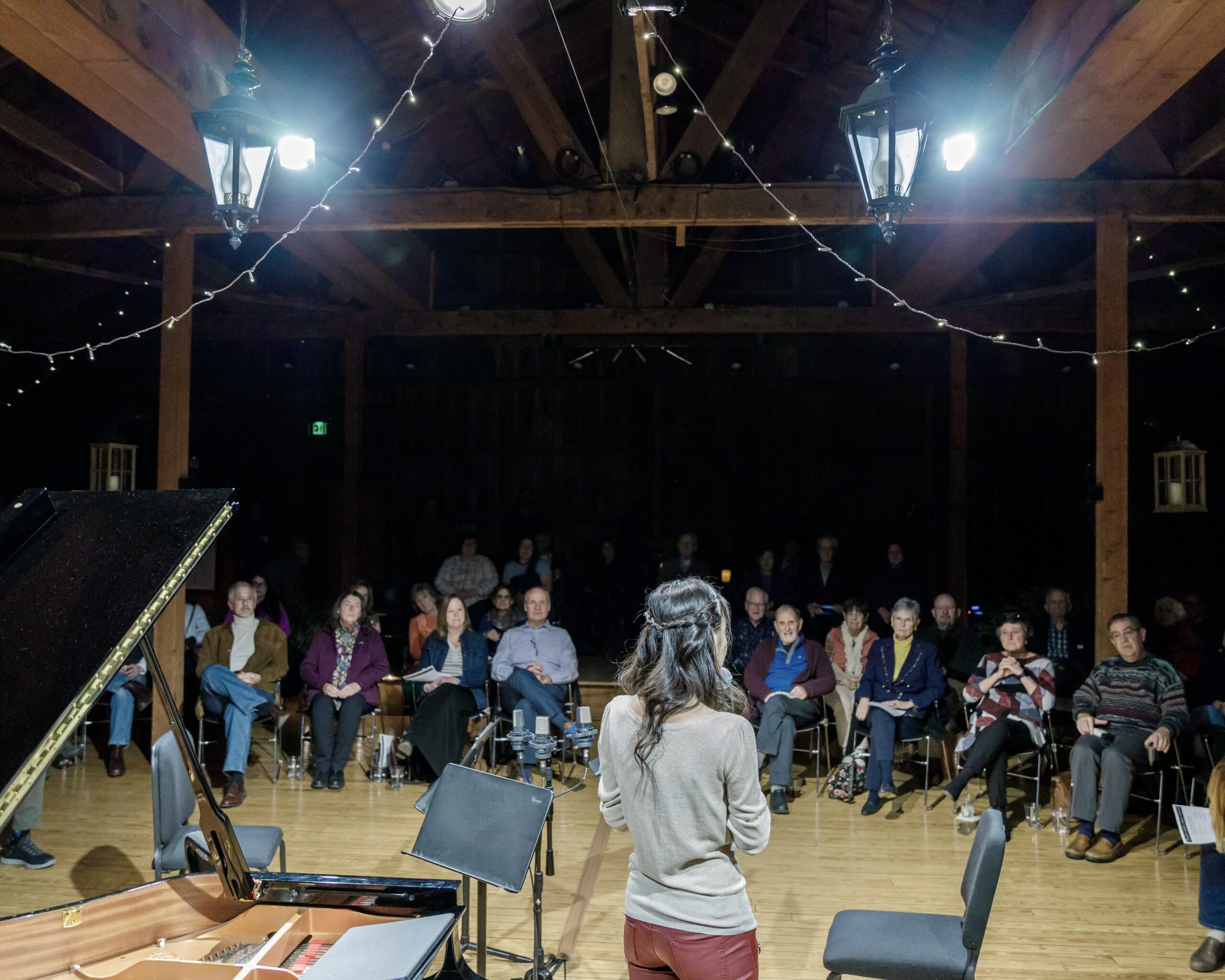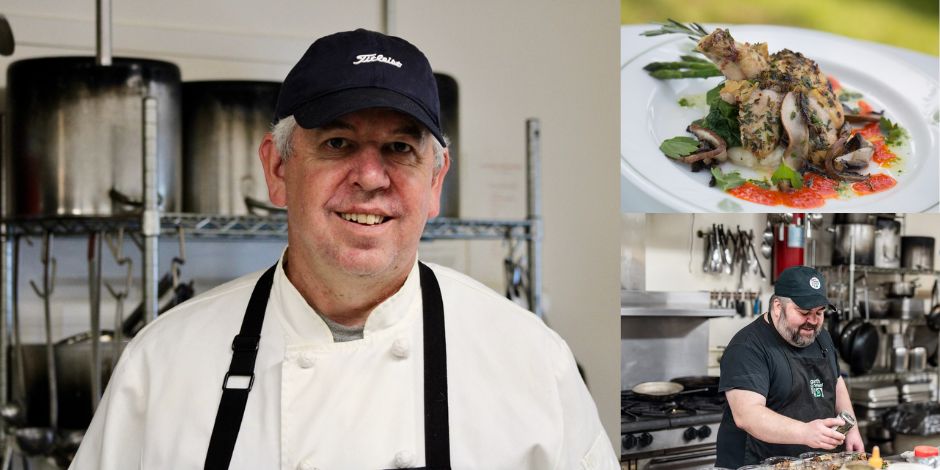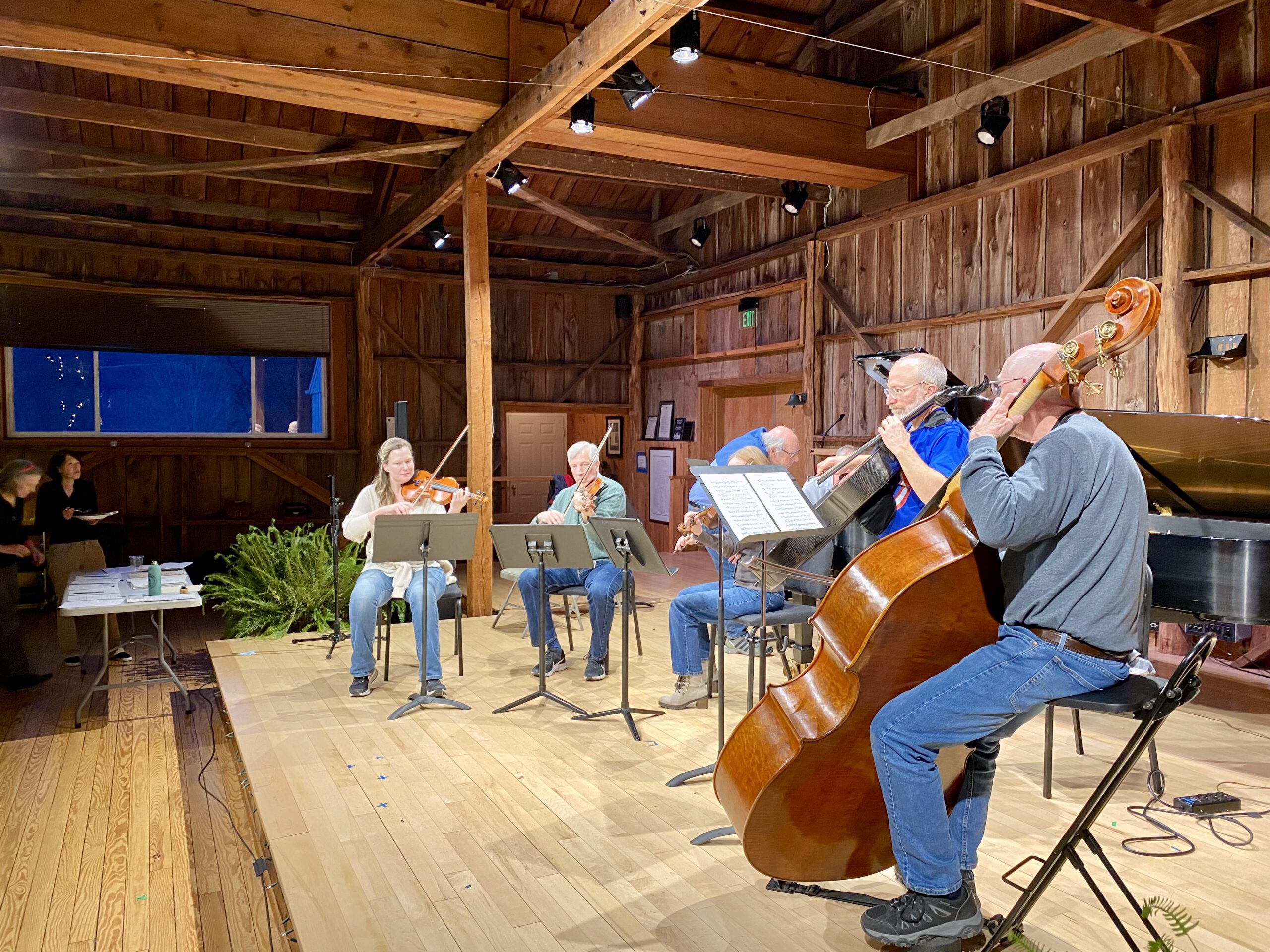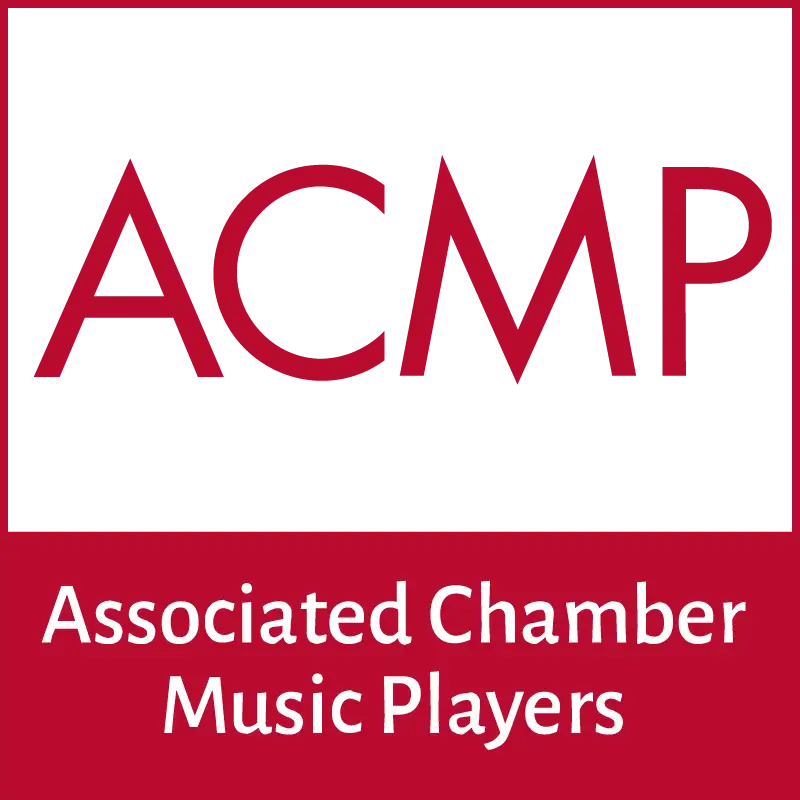by Jeannette Fang
I’ve been noticing more and more musicians saying that they don’t enjoy the spotlight. I don’t know if this is becoming a trend or not, it’s just something I’ve been paying greater attention to the more I’ve been thinking about what performing means to me.

Sometimes I get a whiff of a particular self-righteous attitude where the more you admit you love the stage, the less authentic of a musician you are. As if we were subscribing to a “reluctant hero” narrative, where we’re uncomfortable with applause and are only performing because we’re called upon to do it.
It’s likely that for many of you this is not an act, and its not a matter of proving your “authenticity” (Such as for collaborative pianists, who are often unsung heroes for the skill required of their preferred supporting roles). Or perhaps its just moralistic socialization seeping into our heads, whispering self-loathing tidbits like “don’t let your ego get in the way of TRUE art”, or “who are YOU to act like a big deal? Don’t be a fool”.
Perhaps we are becoming more honest. Or perhaps we’re all lying to ourselves. Eschewing theatrical mannerisms onstage is a smart move, but claiming that your discomfort with the spotlight is a result of not wanting to be a performer is just ridiculous. It seems more accurate to say that something, be it stage fright, anxiety, or low self-esteem, has overshadowed the pure joy of performing, but it’s important to remember that it has not replaced it.
Because I don’t think a decision like that simply changes over time. And maybe this is just because I need it, so desperately, that I’ve lost the emphatetic perspective.
I used to say “I have trouble with the whole bowing thing. I just want to get on and off as quickly as possible. But once I’m playing, I finally feel myself”. This is in part because I was very bad at “acting” like a performer. My stage presence was abysmal – I was constantly being told I walked too fast, that I started playing right away without taking a second to settle down on the bench, that my bows were like ashamed nods of a mouse. All these were elements of being a performer that I hated, because it required me to act not as I felt. But in that same way, actually playing gave me utter joy and relief, because I was allowed to fully give in to how I felt. And honestly, performing was the ONLY place I could truly be myself without crippling doubt and self-loathing. Not only was it an outlet, but music allowed me to express the volcano within in a way that was instantly communicable.
There is no more direct force than music in being able to convey a specific human emotion. And there is no greater connective force, for the more you give as a performer, the more people in the audience will be touched. And all that other nonsense of fear and self-consciousness disappears because what exists is a sharing of feeling and selves that feels like the most truthful, honest, thing.
I think my story is not unfamiliar. Many performers chose the stage in order to give outlet to a self that is repressed in other aspects of life. Sure, I hated those non-piano stage-related things, because once I stopped playing, my awareness of my inadequacy came back like a sack around my neck. But those were so inconsequential in relation to what I loved about performing. That spotlight is not only my friend, but what makes me a better person. Because ultimately what it does is make the power of a music a catalyst for everyone in the hall. Our goals as musicians is to develop our skills as interpreters in order to bring the power and meaning of written music to life. What the spotlight does is give that power agency.
And being at Garth Newel has helped quiet that anxiety when going on and off stage. The audience is always so generous, so warm and encouraging and ready to like, instead of being ready to criticize. Also, speaking to everyone before playing truly gives us a different relationship with you all, because at Garth Newel, the audience is never a passive participant. You laugh at our lame jokes, you agree with whatever point we’re trying to make, and you let us know what you did or did not like. The feeling we get onstage from being able to see all this is that you’re our friends. There’s this atmosphere of unbelievable support and camaraderie in the room, where there’s nothing to be scared of because you guys get it.
So yea, I love the stage, I love being there, I love being swept up into that effort and desire. It’s not that I consider myself a good performer at all, its because I have trust that my efforts are not for nothing. Maybe I’m just fooling myself too – because for me, applause is not so much for me, as it is an audience acknowledging the effort and appreciating what the music said to them.
I think ultimately what I’m trying to say in this bumbling way is that there is nothing wrong with admitting that you like the spotlight, because if you think about it, it really isn’t about you anyway. I mean, I want to be noticed and liked, and maybe that’s just a personality trait due to insecurity and need for validation. But the risk of being disliked never overpowers the risk of putting myself out there, because in the performance, I finally forget about myself. And that is why it’s the thing I want to do more than anything else.

